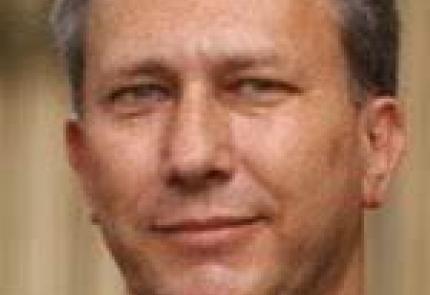Peter highlighted research that he has carried out at Shaping our Lives which identified five groups of people who have been left of participation in research:
- People who have protected characteristics
- People with poor housing, homeless or have issues with citizenship
- People who communicate differently e.g. non-verbal communication, English not being your first language etc.
- People who are assumed to be too disabled, too much of a survivor and it is assumed that they would not want be involved
- People who were seen as too well-equipped to be involved, as they may want different things to the ideas put forward and be considered too challenging by researchers.
Josephine Ocloo said: “We need to broaden out the conversation and be open to challenge. We can’t do this unless we create the structures to support, enable and empower different groups to be involved. We need to make equity, diversity and inclusion the centre-piece for involvement. Our starting point should be what does diversity look like? Then think about how we can bring those groups in to start those conversations. We need the lived experience and we need to value the people who have lived the experience and value them. Early on in our research we need to develop community engagement strategies and look at sharing power and resources.’
People taking part in the event raised issues which prevent people from becoming involved in research including: lack of computer literacy and skills; lack of funding to support involvement, delayed payment processes and funders’ structures which value the professional researcher over the service user researcher even when they are co-applicants on research.
Following a Q&A the attendees went into breakout groups. To discuss different topics:
1. Co-producing research: lessons from organisations which work with disabled people
2. Communication needs and challenges
3. Research questions and service user interests in an unequal world – how inequality might affect the focus of studies
4. Creating a positive environment for service user researchers
5. Working together from the beginning to end
6. Digital inclusion/exclusion
Feedback from the event was extremely positive. Public involvement and community engagement manager ARC (North East and North Cumbria), Dr Felicity Shenton commented: "I was at your PPI meeting last night and just wanted to say how much I enjoyed it! It was really interesting, informative and inspirational. There was a very inclusive atmosphere which generated lots of open and honest conversations. It was a great example of co-production so, thank you very much to you and your colleagues."
Find out more
